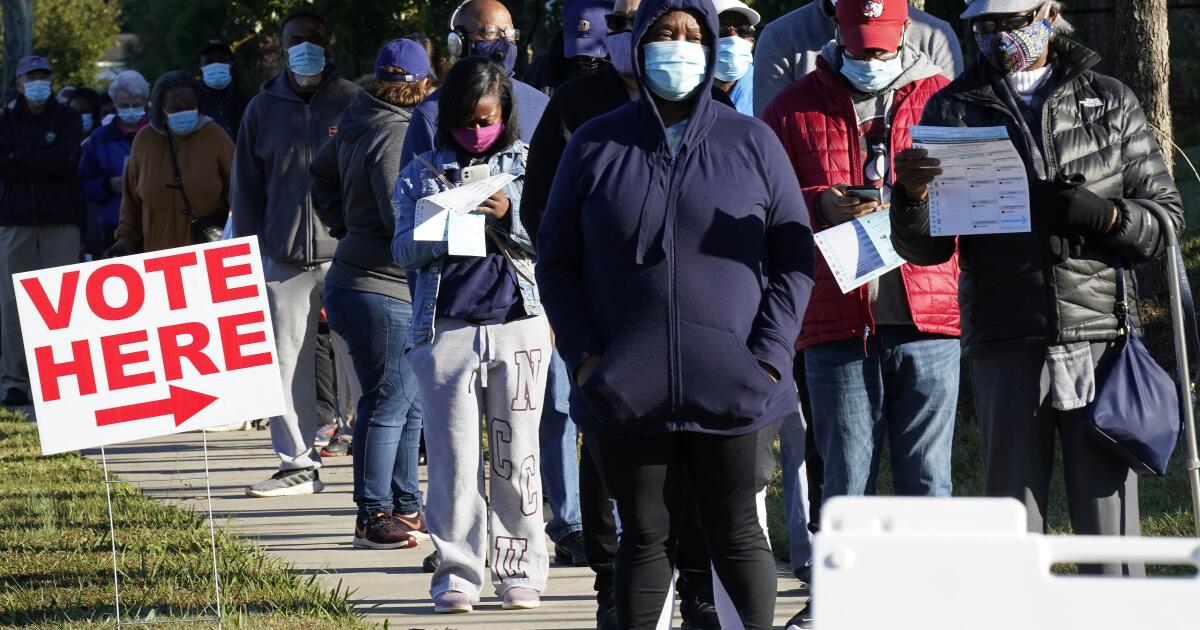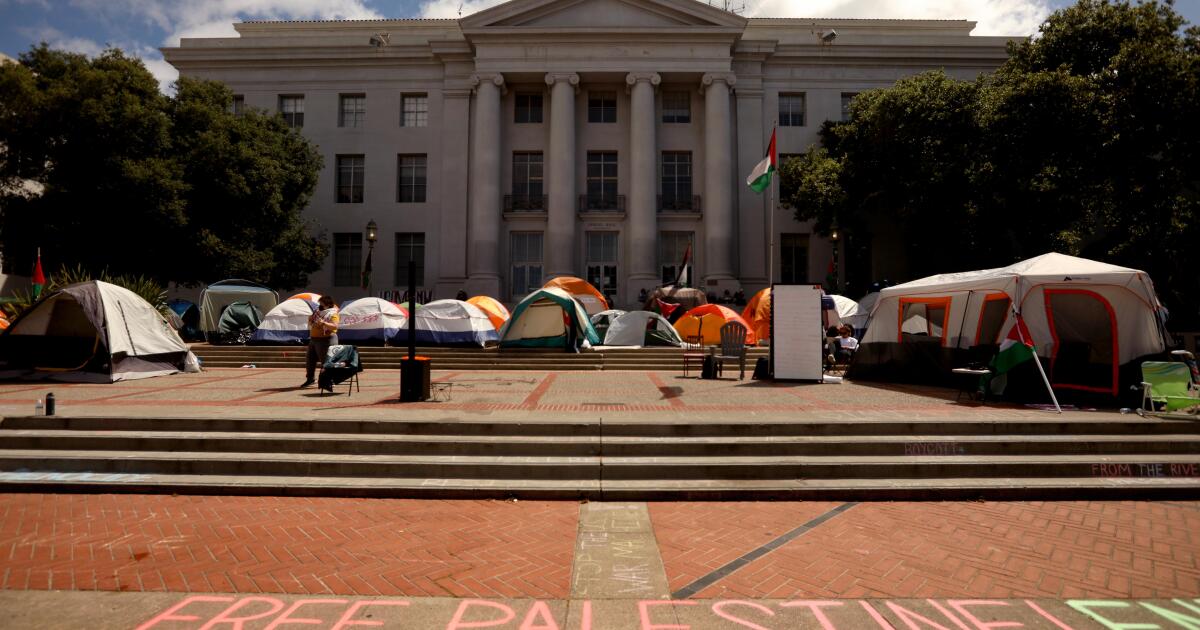According to the 2024 homeless count, there are more than 6,800 mobile homes housing homeless people in Los Angeles County. That number is higher than the number of tents (about 4,200) recorded in the same survey. Of those, 3,691 are in the city of Los Angeles.
Recreational vehicles have appeared all over Los Angeles County and the city, sometimes parked alone on a street, sometimes in groups stretching for blocks. Some are in disrepair and don't run. Others are in working condition and people can drive them from place to place.
But unlike a tent or a cardboard shed, RVs offer security, privacy and shelter. And in many other places, people are allowed to live full-time in RVs. So it's understandable that RV dwellers don't consider themselves homeless, and few want to trade their vehicle for a bed in a congregate shelter. (Who would?)
Over the years, as neighborhoods complained of trash, fires and crime at some trailer parks, Los Angeles city officials have struggled to find ways to convince this segment of the homeless population to leave their vehicles behind.
Unfortunately, the Los Angeles City Council's recent solution—towing illegally parked RVs in some areas without outreach or offering services or temporary housing—is likely to backfire and run counter to the city's efforts to reduce the number of homeless people on the streets.
If homeless people are thrown out of their motorhomes, they may end up living in a tent on the sidewalk next to where they were parked. The motorhome may be gone, but its occupants are even more unprotected than before. It's ridiculous. It may be a difficult situation, but it's not the right way to deal with it.
In fact, the council’s motion is so broad that it orders transportation officers to tow “any and all vehicles” that are stopped or parked in violation of numerous parking restrictions. The Legal Aid Foundation of Los Angeles, in a letter to the city attorney, said the council exceeded its authority by ordering the towing of vehicles that may violate parking restrictions but do not pose a danger to traffic or public safety or are not parked in posted tow zones.
We understand that RV campgrounds can pose problems. They are large and bulky, and they impede the movement of other drivers. They permanently occupy parking spaces, sometimes along city parks. RV occupants have been known to dump their septic tanks into the streets. Some RV occupants end up moving their belongings onto the adjacent street or sidewalk.
Over the years, the city has tried to discourage encampments by putting up signs on streets prohibiting overnight parking of oversized vehicles. When that happens, RV occupants simply move to another street or, in some cases, stay put. The city can only tow so many because there isn’t enough city-controlled storage even on a short-term basis. Still, between May 2022 and June 2024, the city issued 1,134 parking tickets to RVs and towed 638 of them. (Towing was halted during the pandemic and resumed in 2022.) It’s also expensive. Towing, storing, and ultimately dismantling and recycling RVs could cost the city millions of dollars.
One thing is certain: The city can’t simply tow its way out of the problem. A more prudent strategy would be to follow the process for removing people from tent encampments. This approach has already proven it can work. City officials have increased outreach to RV campers in recent years, including through Mayor Karen Bass’s Inside Safe program, which offers people in encampments temporary housing, primarily in motels and hotels. RV campers often accept motel or hotel rooms, though some do not when the offer is contingent on the delivery of the RV. As of June 2022, 196 RV dwellers have accepted housing.
City Councilwoman Monica Rodriguez and the nonprofit West Valley Homes YES collaborated on a pilot program that began in 2022 in the San Fernando Valley and has successfully housed 146 RV dwellers. Councilwoman Nithya Raman, current chair of the City Council’s Housing and Homelessness Committee, has pushed for a citywide strategy to house RV dwellers and offer them cash or gift cards to part with their vehicles. It worked in Rodriguez’s district. People are understandably reluctant to give up their vehicles. A $500 incentive can help. But service providers say campers are worried about what they’ll do if the motel stay doesn’t work out and their RV is long gone.
The city should also consider other options, such as using city lots to offer short-term RV storage and opening secure RV parking lots. The lots would have to be physically larger than car lots and be open 24 hours a day, unlike the city’s current secure parking lots that are open only at night. But it would likely be less complicated and less expensive than offering thousands of motel rooms for several months. Instead of spending all its efforts trying to get people to stop using RVs, the city should work on finding or creating places that are safe for them.
This process takes time. But city officials must continue to step up their efforts to reach out to RV dwellers and offer them housing. Towing illegally parked RVs without doing so may kill them, but it will leave more people living on the streets.












